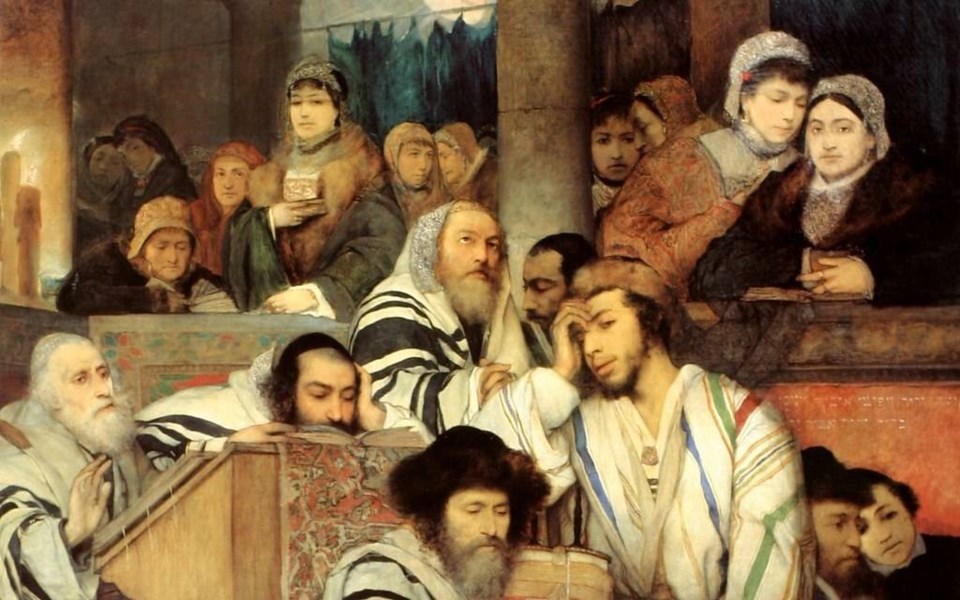On Wednesday at sundown, Yom Kippur — the holiest day on the Jewish calendar — will begin and last until an hour after sundown on Thursday, Oct. 2.
Yom Kippur is a day of atonement in which communities will collectively reflect on mistakes they've made in the past year, apologize to those that they have wronged and make firm commitments to do no harm in the year ahead. In Judaism, a special emphasis is placed on the meaningful work of going to the person or entity one has harmed to apologize and make amends.
The holy day goes back centuries. In the Torah, following the sin of the Golden Calf, Moses pleaded with God to forgive the people. Finally, atonement was achieved and Moses brought the second set of tablets down from Mount Sinai. From that day forward, every Yom Kippur carries with it a special power to cleanse mistakes, both individually and collectively, and to wipe the slate clean.
On every Yom Kippur, there are four steps to reconciliation:
- Displaying regret: Acknowledging that a mistake was made and regret having squandered some potential.
- Ending the bad deed: Stopping the harmful action shows a true commitment to change.
- Confession: Admitting the mistake out loud, and then asking forgiveness from anyone who may have been harmed.
- Resolution: Making a firm commitment not to repeat the harmful action in the future.
Throughout the year, many people spend their days focusing on food, work, material possessions and superficial pleasures. So, on Yom Kippur, many Jewish people will use the day to reset their priorities by abstaining from eating and drinking, washing, applying oils or lotions to the skin and wearing leather (symbolizing materialism). It's also traditional to go to the mikvah — a ritual bath — before Yom Kippur.
For the week before Yom Kippur (known as the 10 Days of Repentance), special additions are made to prayers, and people are particularly careful with their mitzvah observance.
The Yom Kippur fast begins before sundown today and extends 25 hours until the following evening.
Before sunset on the eve of Yom Kippur, the congregation gathers in the synagogue for Kol Nidre night. The Kol Nidre is like a prayer, but not exactly: It is more a citation or formula that revokes any personal or religious oaths or prohibitions made upon oneself to God for the next year, so as to preemptively avoid breaking vows made to God which cannot be upheld.
When greeting someone during this time, it's inappropriate to say, "Happy Yom Kippur," since it is not about celebration but serious and meditative atonement. An appropriate greeting would be, "Wishing you a meaningful Yom Kippur."




